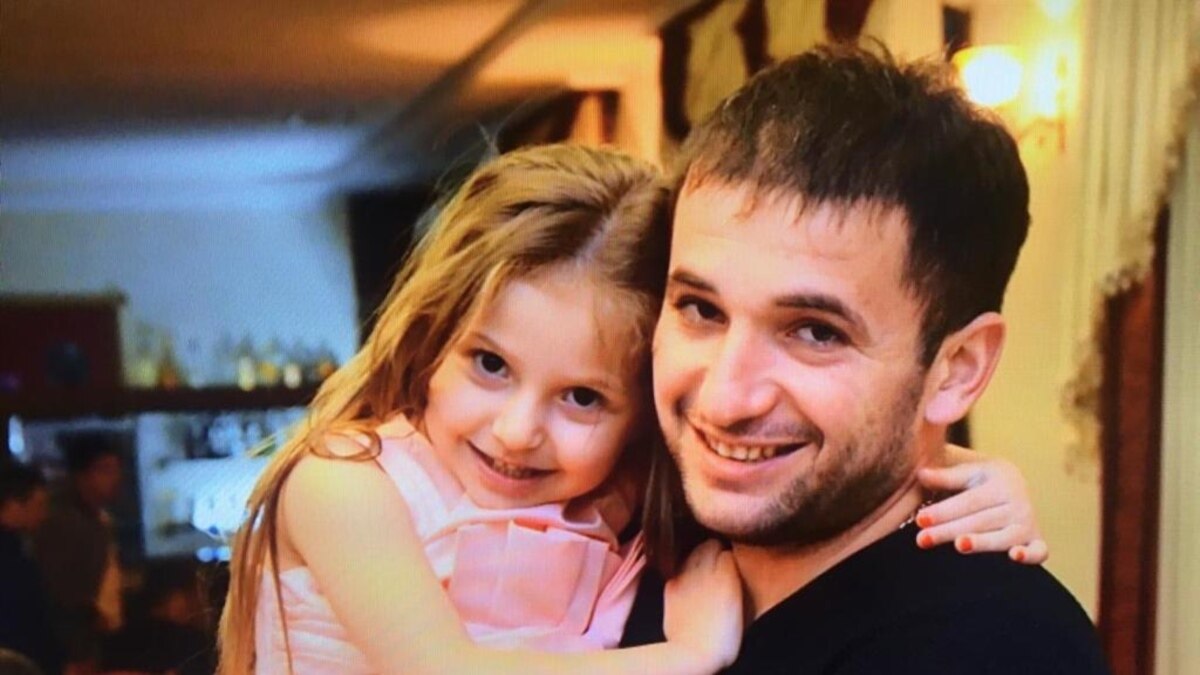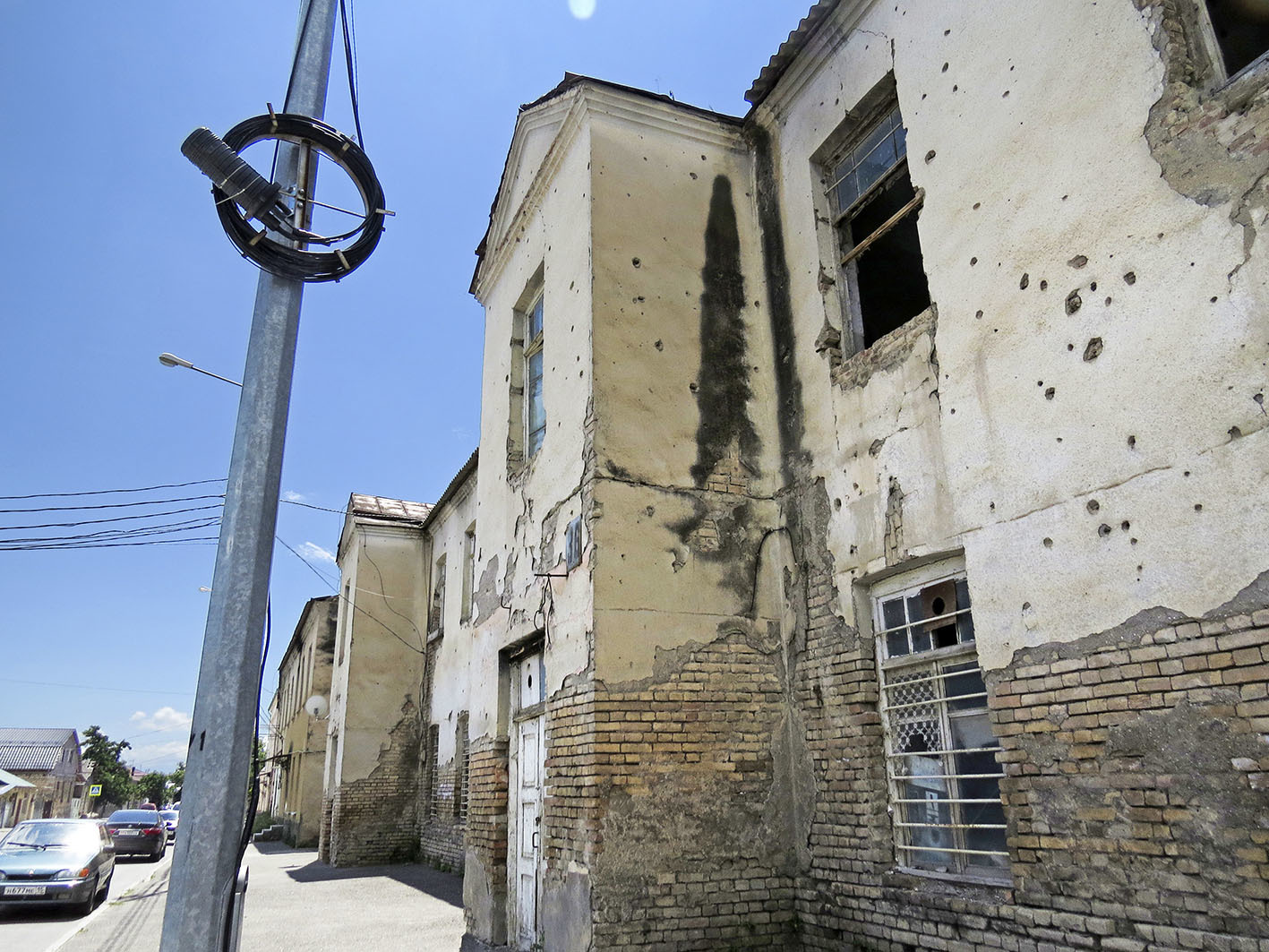South Ossetia: verdict in detainee’s death in police custody sparks anger on all sides
Inal Jabiev case verdict
In South Ossetia, a court delivered the final verdict in the high-profile criminal case over the death of Tskhinval resident Inal Jabiev, who died in 2020 during interrogation at the Interior Ministry. The defendants in the case were police officers, who never admitted their guilt.
In the summer of 2020, three local residents – Inal Jabiev, Nikolai Tskhovrebov and Gersan Kulumbegov – were detained in Tskhinval on suspicion of attempting to assassinate the interior minister, Igor Naniev. Soon after his arrest, Inal Jabiev died under suspicious circumstances.
His relatives accused law enforcement officers of torturing him to death during interrogation.
That conclusion was also supported by local forensic expert Zarina Dzagoeva.
However, Russian experts disputed the claim, and Dzagoeva later admitted to falsifying her report.
The verdict of Tskhinval City Court:
- Interior Ministry officer Jumbar Bibilov was found guilty under Article 286, Part 3(a) of the Russian Criminal Code – “acts committed with the use of violence or the threat of violence” – and sentenced to five years in prison. He was also banned from holding public office involving administrative or executive powers. Since Bibilov had been in custody from 18 January 2023 until 27 May 2024, he has around three and a half years left to serve.
- Andrei Jioev and Alan Bagaev were each sentenced to three years and ten months in prison. With time already served during pre-trial detention counted, they have about a year left behind bars.
- Zaur Gogichaev and Marat Khugaev were each fined 100,000 rubles, but were released from paying as the statute of limitations had expired.
Another defendant, Atsamaz Naniev, remains on the run: despite a travel ban, he left South Ossetia.
The verdict satisfied neither the victims’ relatives nor the convicted officers.
Fatima Gatagonova, lawyer for the Jabiev family, said she plans to appeal, arguing that the sentence was too lenient and did not match the gravity of the crime.
The convicts’ families, meanwhile, insist they are not guilty of Jabiev’s death.
On the evening after the verdict, relatives of the convicted men gathered in Tskhinval’s central square outside the government buildings where president Alan Gagloev’s office is located. The spontaneous protest was short-lived: people stood silently before dispersing, as security forces surrounded the square on all sides.
Before being elected, Alan Gagloev, then an opposition figure, sharply criticised his predecessor Anatoly Bibilov and accused him of involvement in Inal Jabiev’s death.
The promise to deliver justice became a central part of Gagloev’s campaign and won him the support of disaffected voters.
Now, however, some say that after coming to power, Gagloev has failed to keep his word.
A South Ossetian law enforcement officer familiar with the details of the Jabiev case, speaking on condition of anonymity, also questioned the court’s decision:
“Out of nearly 100 prosecution witnesses questioned, none confirmed the defendants’ guilt. It was never established for each of the defendants how exactly they abused their authority or where negligence was involved.
In addition, according to two Russian forensic examinations, Jabiev’s death was not caused by beatings but, roughly speaking, by [drug] withdrawal.”
At the time of writing, Jabiev’s widow, Oksana Sotieva, said she could not comment until she had read the full verdict, as much of it still remained unclear to her.
Toponyms, terminology, views and opinions expressed by the author are theirs alone and do not necessarily reflect the views and opinions of JAMnews or any employees thereof. JAMnews reserves the right to delete comments it considers to be offensive, inflammatory, threatening or otherwise unacceptable.
Inal Jabiev case verdict




















